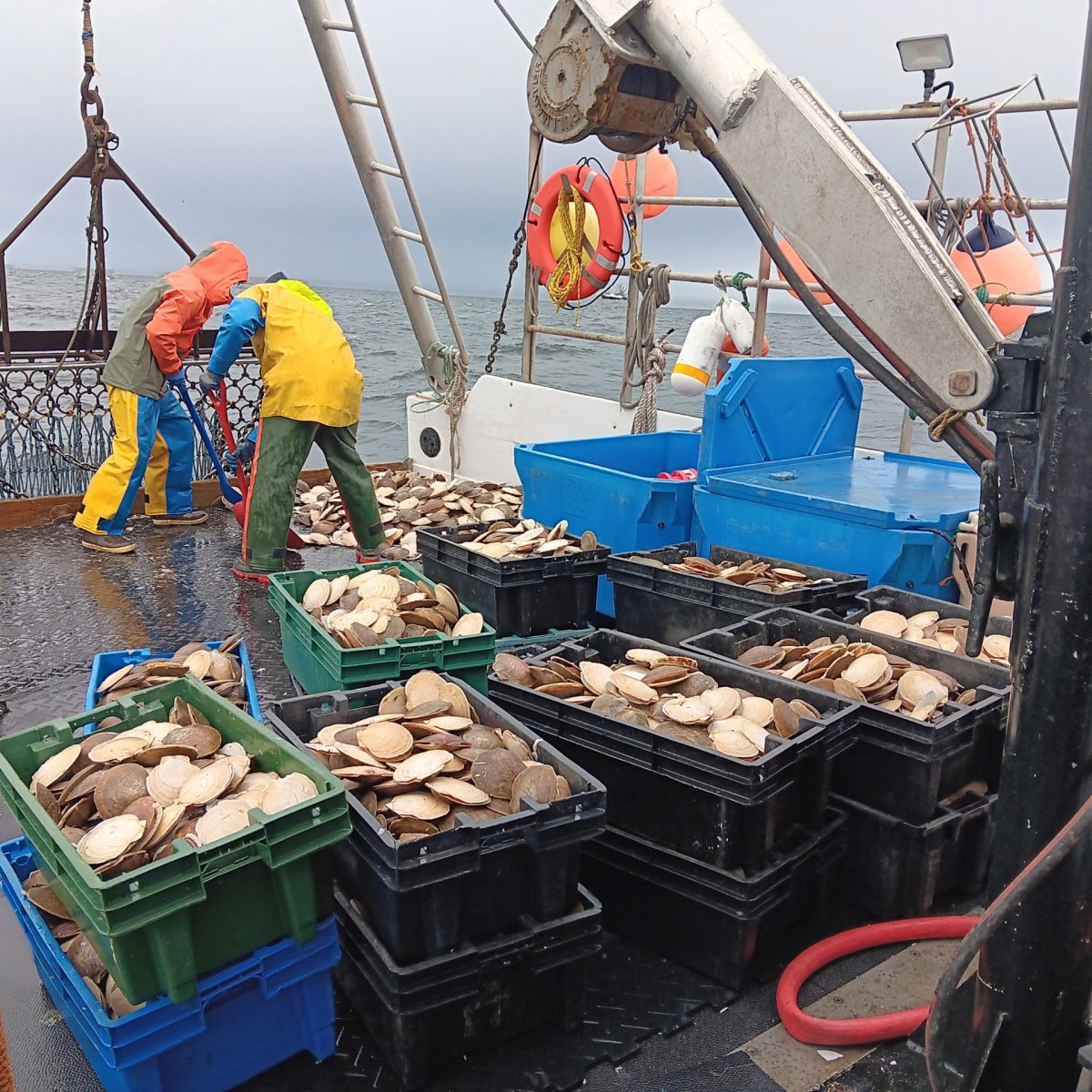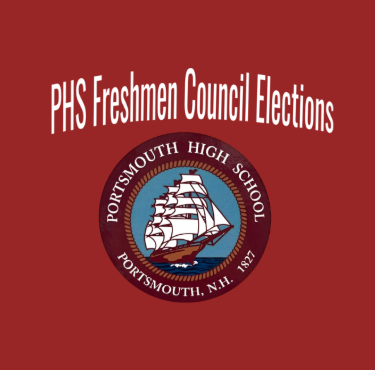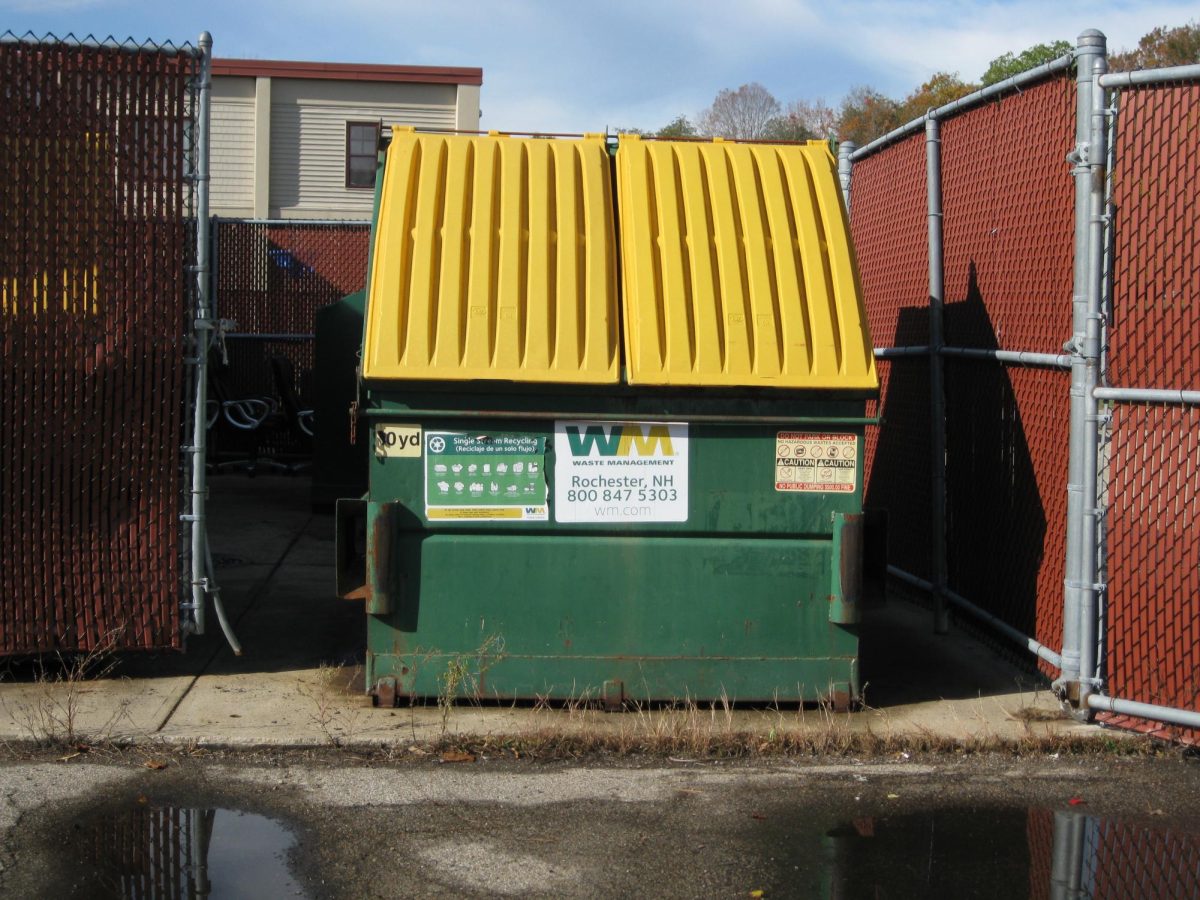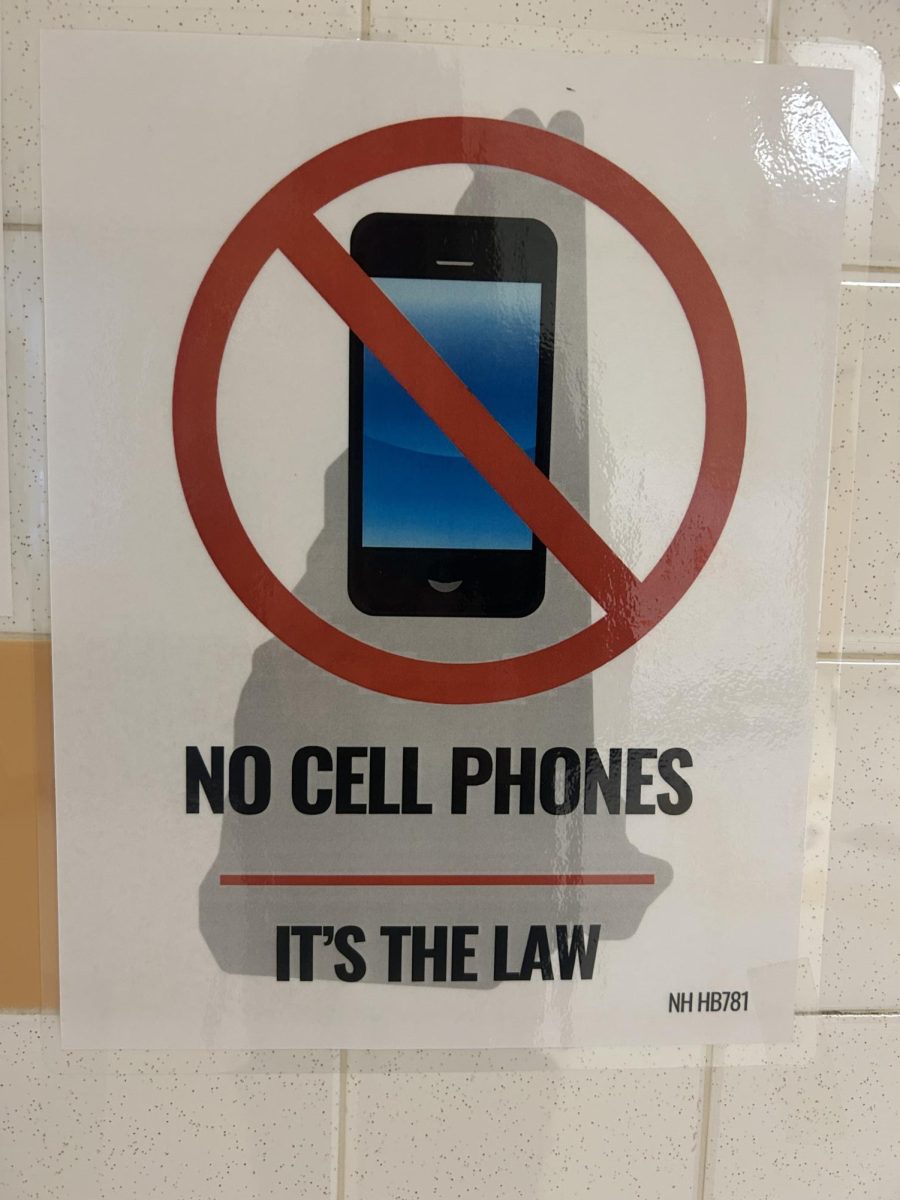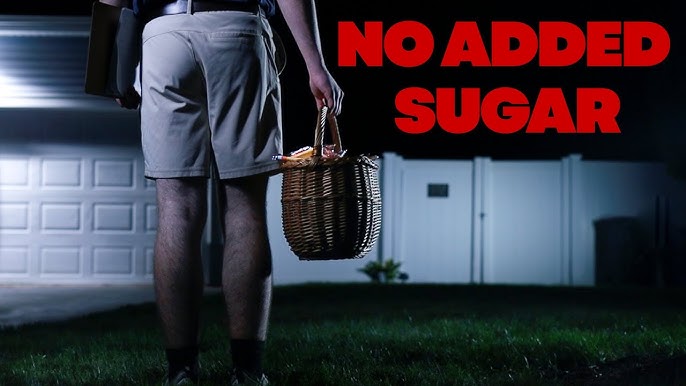PORTSMOUTH – Portsmouth, New Hampshire has long had a strong identity of being a coastal town rooted in a rich history of generations of fishermen. In a town where fishing was once a booming industry, ground fishermen Kurtis Lang now stands as one of six licensed fishermen in Portsmouth.
Lang, who is 44, has been around water his whole life. Growing up in New Castle, NH, and constantly crossing the causeway into Portsmouth overlooking the river, Lang states that “[Fishing] is just kind of one of those things; it’s always been an interest of mine.”
“I started really young, going out on the boats. It takes time,” Lang recalled. He began his career at nine years old, helping out on boats and learning the trade. That’s part of what has made him such a successful fisherman in a challenging industry.
Today, Lang fishes on the Alanna Renee, a 45-foot Nova Scotian fishing vessel he has operated for the past seven years. Alongside his two crewmates, he gillnets along the coast an average of twelve hours a day, seven days a week.
Gillnetting is a fishing method in which a net is hauled along the ocean floor. The specific “gillnet” catches the fish’s gills in the netting, effectively trapping them. Their target species are mainly ground fish such as cod, haddock, pollock, flounder, and hake.
Operating as a commercial gillnetter in the Greater Atlantic Region, Lang is required to have certain permits issued by the National Oceanic and Atmospheric Administration (NOAA) Fisheries. This is the agency responsible for “stewardship of the nation’s ocean resources and their habitat.” Permits such as the Initial Permit Application, Initial Vessel Operator Permit, and Initial Dealer Permit are outlined on the NOAA official website.
Permits are expensive for aspiring fishermen. In the article, “Commercial fishing in N.H. needs new people to survive” from the Boston Globe, it states that “A used boat for commercial ground fishing runs anywhere from $150,000 to $350,000. The kind of permit an owner-operator needs starts at around $100,000, while a permit to catch more fish can cost $250,000.”
This is a serious issue for young blood trying to enter the industry, according to Lang.
“It’s almost all or nothing. There’s just no easy way just to ease into it. Either you’re doing it or not doing it,” says Lang when talking about the financial struggles that come with being a fisherman in 2025.
Renee Zobel, Supervisor of Marine Programs in the New Hampshire Fish and Game Department, states that, as of 2024, there are only 101 licensed fishermen in Portsmouth. This includes lobstermen, tuna, and ground fishermen. She firmly believes this small number has to do with the costs of permits.
“Getting in, you have to have a boat, you have to have licenses, you have to have the gear, and you have to have the money to be able to get bait, get fuel, and pay your mates,” explains Zobel.
Zobel reiterates that as fishermen approach retirement age, the number of licensed fishermen in the area dwindles. “Every year, the average age [of fishermen] gets older, so we’re not seeing as many young people getting into commercial fisheries.”
Despite constant challenges with cost, an aging fleet, and strict permits, fishermen such as Lang continue to do what they love.
“Fishermen are extremely resilient and creative, and I’ve seen a lot of examples of them kind of figuring out how to get into new species, new markets, and new gears. And I expect a lot more of that out of a lot of hardworking people,” said Zobel, who has been working in the New Hampshire Fish and Game Department for over 20 years.
In a time when fishermen are under constant surveillance in the media, Lang observes that many articles poorly portray the fishing industry. People gloss over these articles and are left with the negatives of life at sea. But this couldn’t be further from the truth.
“It’s just an adventure, really. Even though it’s hard work, sometimes it doesn’t feel like work. You do what you love, love what you do… It’s always different. You never know what the next fish that’s going to come up is,” Lang confessed with a twinkle in his eye.
Organizations such as the New England Young Fishermen’s Alliance are determined to sustain Portsmouth’s firm reputation as a fishing town and encourage younger generations to rebuild fleets along the seacoast.
Tom Maciel, Operations Manager of Ports and Harbors in New Hampshire, believes that the NEYFA is a step in the “right direction” for fishermen, and hopes that it will be the final solution to the problems that face our ports.
“The one thing we can count on in fisheries is change,” said Zobel. Constant change is part of what makes the industry so fragile, but also what makes it so unique. Without fishermen, Portsmouth loses a vital part of its community and heritage, according to Zobel.
For more information on how you can help rebuild New Hampshire fisheries, visit the New England Young Fishermen’s Alliance (NEYFA).


